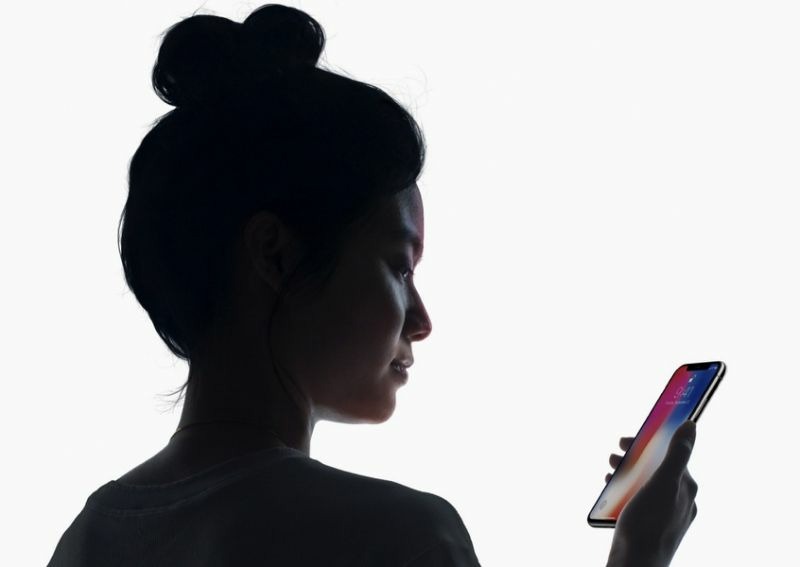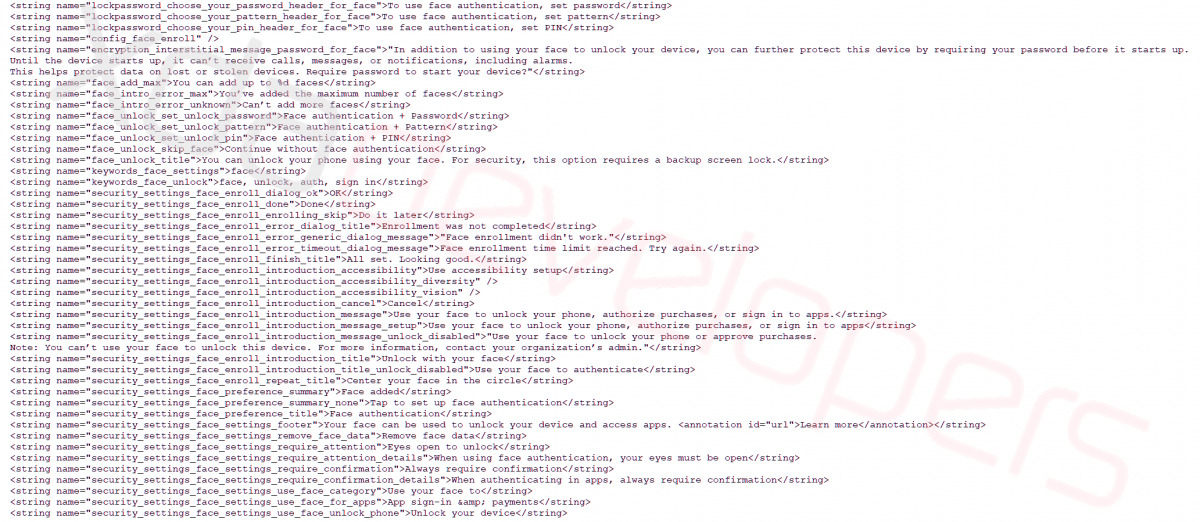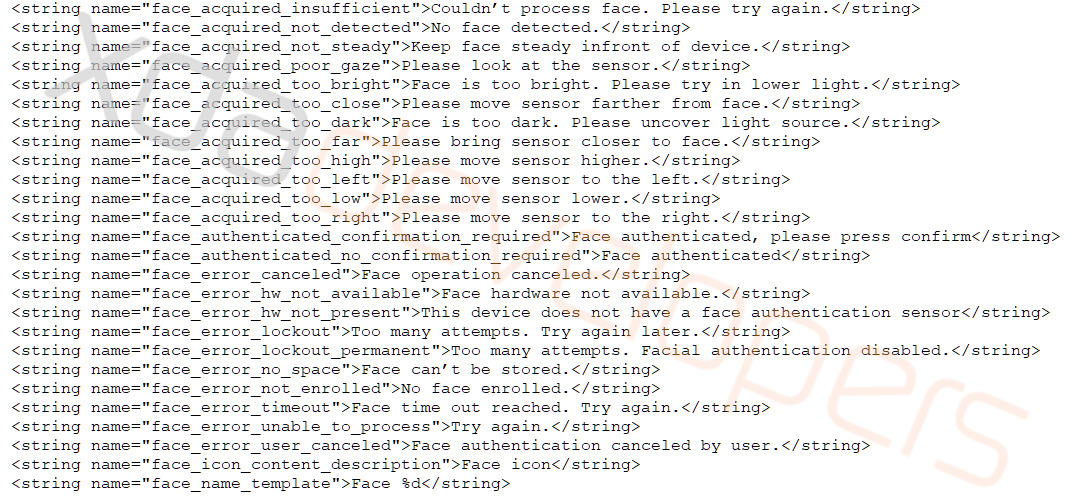According to leaked code, Google appears set to implement native support for advanced facial recognition sensors in the upcoming Android Q update that, like Face ID, can be used to unlock a device and make purchases.
The code, obtained by XDA Developers, has "dozens of strings and multiple methods, classes, and fields" strewn about that all reference facial recognition.
Distinct from the existing 2D-based "Trusted Face" feature, the "face unlock" functionality discovered in the leaked ASOP build of Android Q references error messages that suggest the operating system expects a device to incorporate facial recognition sensors similar to Apple's TrueDepth camera system. For example, one error message reads, "Face hardware not available."
Following Apple's debut of Face ID, Android handset makers scrambled to roll out their own 3D-sensing solutions. While some, like Huawei and Xiaomi, have successfully incorporated the specialized hardware into their devices, these implementations rely on heavily modified versions of Android to accomplish the feat. By adding support natively into the OS, more manufacturers will be able to take advantage of the technology in upcoming handsets and tablets.
The Android implementations so far are mostly playing catch-up to Apple, and have been frequently fooled by photos or masks.
Android Q's version of facial recognition is poised to be much more secure, suitable for unlocking the phone, accessing apps, or authenticating purchases, similar to Face ID.
Apple's depth-sensing system uses structured light from a dot projector to determine the 3D structure of a user's face. TrueDepth projects an array of 30,000 dots in a known pattern using a vertical-cavity surface-emitting laser (VCSEL) module, then processes and compares the resulting image against secure reference data.
While certain Android manufacturers currently rely on sensors similar to TrueDepth, it is anticipated that many will turn to cheaper and smaller modules based on time-of-flight technology. ToF sensors generate depth maps by calculating the time it takes laser pulses or modulated laser light to bounce off an object's surface.
Additional code was found highlights error messages that are shown when the sensor is unable to correctly identify a face.
Google is expected to debut Android Q this upcoming May at its annual developer's conference.
 Andrew O'Hara
Andrew O'Hara



-m.jpg)







 Wesley Hilliard
Wesley Hilliard

 Malcolm Owen
Malcolm Owen
 Marko Zivkovic
Marko Zivkovic

 Chip Loder
Chip Loder
 Christine McKee
Christine McKee




-m.jpg)




9 Comments
Apple is the only one playing catch-up.
Apple is the only one not innovating.
Apple is the only one that is constantly doomed.
Apple is unique that way!!
Competition will do that. Happy for Android users getting the benefits of this feature. I’ve loved it in my iPhone X and now on my XS Max. My next iPad choice will also have that. Never going back: I’d like it on my next MacBook.
Android Q? I guess Android Pie was a huge flop. There’s almost no non-Google phones that have it, and no tablets, and very few that will ever be able to upgrade to it.